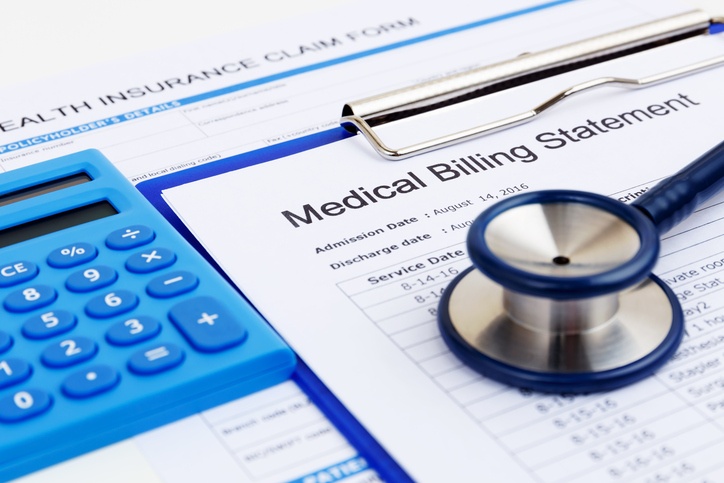
While every physician shares the primary responsibility of providing the best possible care to their patients, private practice physicians have the added challenge of running a business.
Managing a private practice can be expensive and exhausting, which is why physicians carefully choose their support staff — they want to make sure the clinic is filled with a team who can handle the administrative burdens so they can focus on patient care.
Once a physician has hired the best personnel for their clinic, the next step to ensuring the practice is run as efficiently as possible is to adopt a medical practice management system. A medical practice management system is a type of healthcare software that manages the day-to-day operations of a clinic, such as appointment scheduling, billing and other administrative tasks.
Here's what private practice physicians need to know about the basic components of a medical practice management system.










